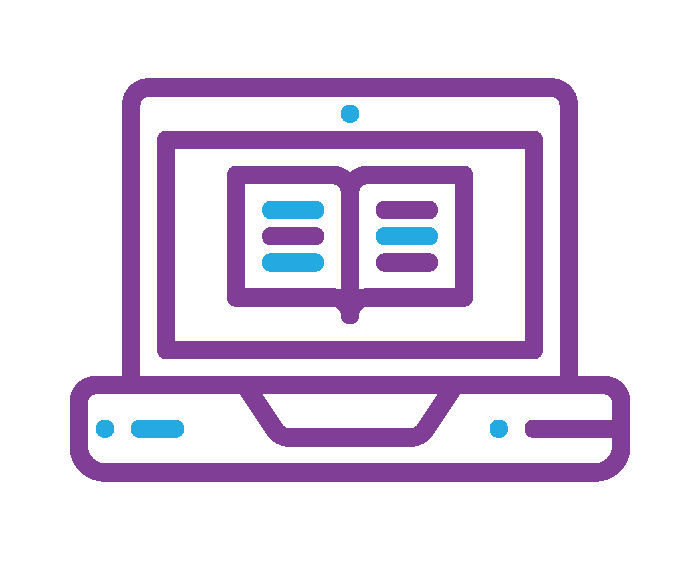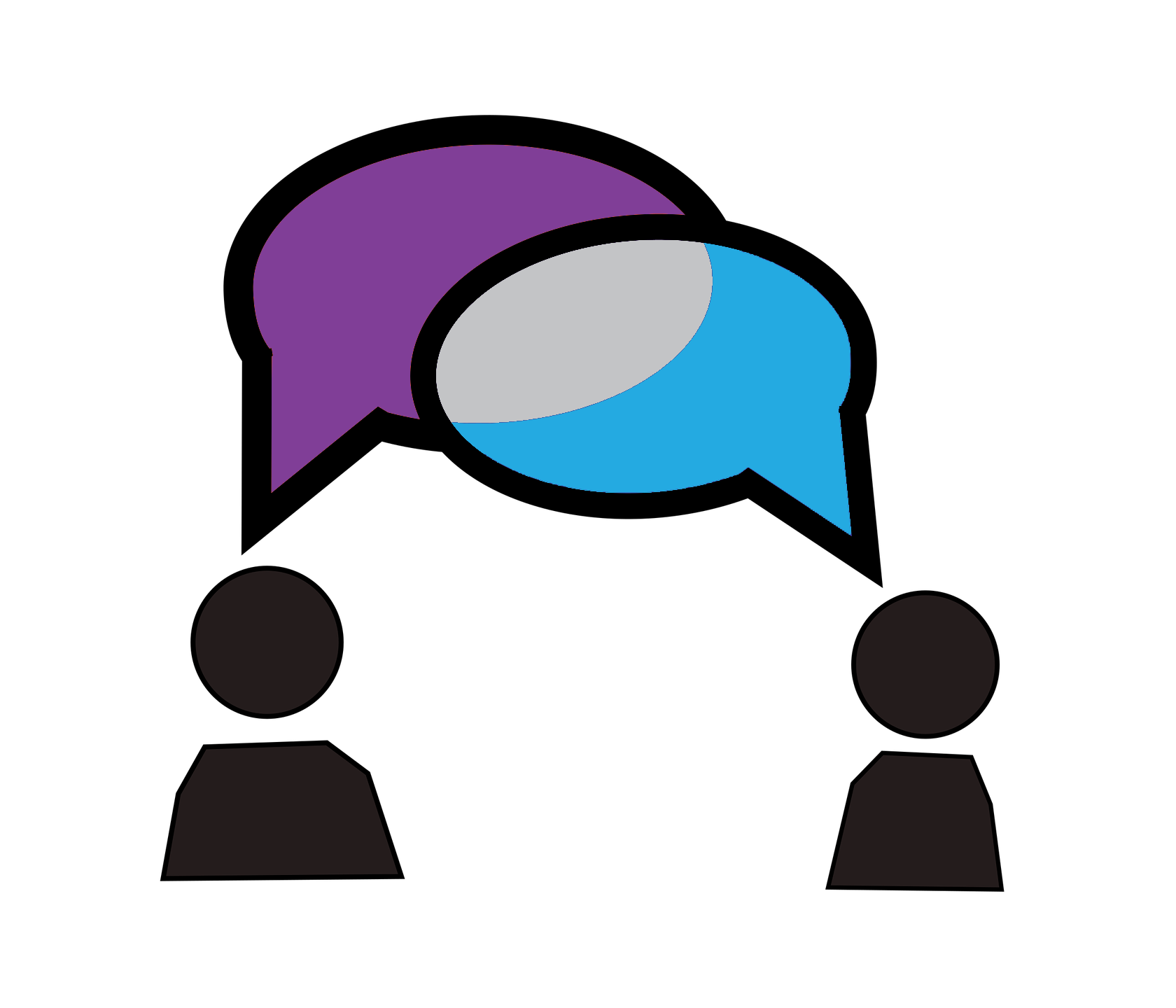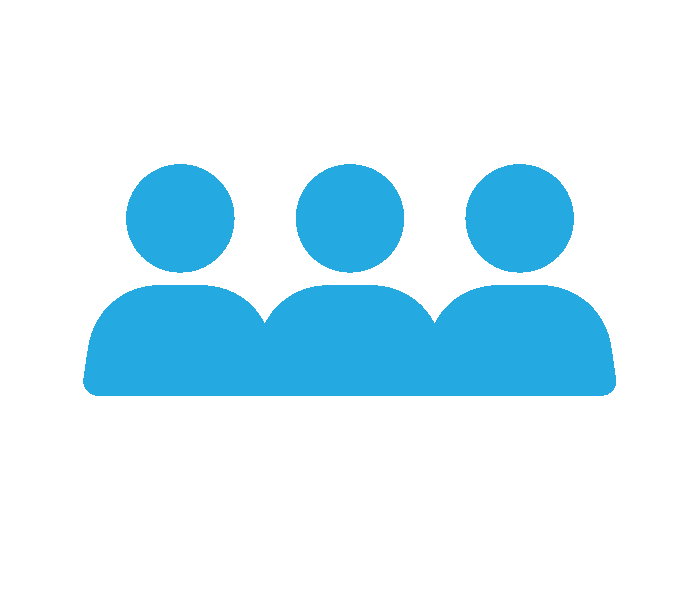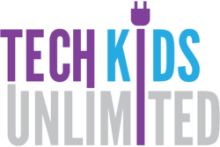
Register for Summer 2024!
Teaching Technology to Students Who Learn Differently
Tech Kids Unlimited (TKU) uses technology tools, computer science thinking, and social-emotional learning to ignite unlimited futures for neurodiverse students. Students who learn and think differently explore the creative power of tech, practice work readiness skills, and build confidence through virtual and in-person programs in a fun and supportive community.

Tech Knowledge Workshops
Single-session workshops for students ages 10 to 24. Led by trained TKU staff, students build on their tech skills at their own pace. Offered in-person and virtually

Summer Workshops
Register for weeklong tech workshops from July 8 to Aug. 9. New topics each week!

Career Ladder
Work-based learning programs that integrate real-world work experiences with classroom learning for students ages 14-24. Long-term and short-term learning opportunities are offered throughout the year.
Learn Technology

By teaching computer science principles and technology skills, students increase employability and enhance their personal interests and passions for an increased quality
of life.
Build Social Skills

At TKU we focus on the individual needs of the student. Social and emotional learning (SEL) skills are fundamental to success and are interwoven into all aspects
of programming.
Join A Community

TKU is a supportive community of peers, parents and families. For many students this is the first time they have felt safe, comfortable and fully supported to learn
and have fun.
The TKU Model

Universal Design for Learning (UDL)
UDL learning concepts are based on the latest brain science and evidence-based educational practices which emphasize the use of digital technology.

Social Emotional Learning (SEL)
SEL encompasses five competencies: self-awareness, self-management, social awareness, relationship skills, and responsible decision making.

Connected Learning
Connected learning is made up of three components: personal interests/passions, supportive relationships, and opportunities.

Design Thinking
Design thinking provides a specific solution-based approach to solving problems. There are five stages of Design Thinking: empathize, define (the problem), ideate, prototype, and test.

Project-Based Learning (PBL)
Students engage in solving real-world problems over an extended period of time and have a final product to present.






